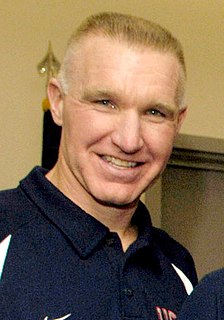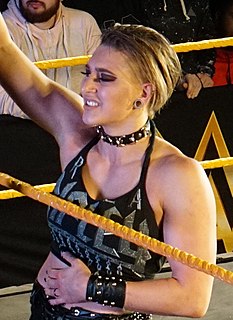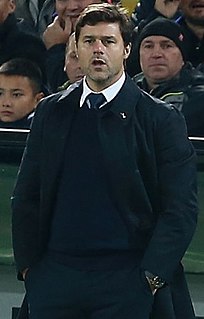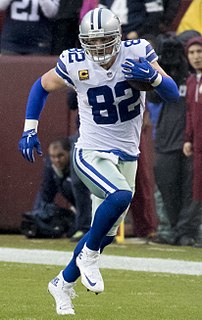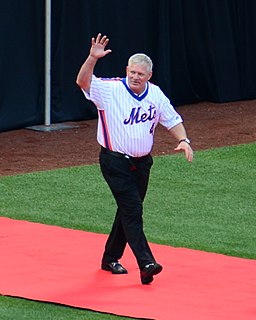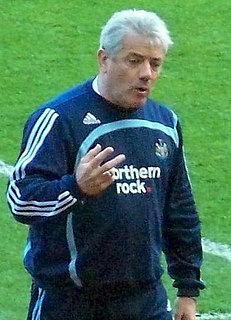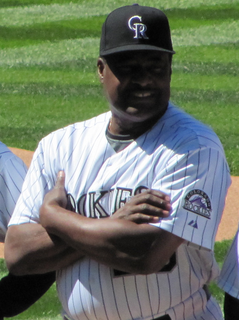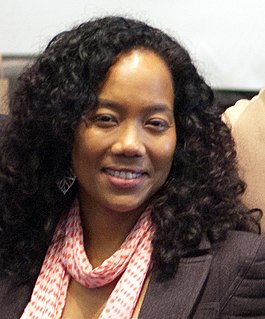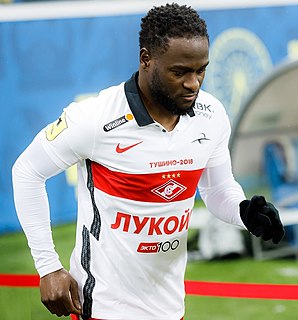A Quote by Henrik Larsson
As a manager, it's the same as a player: I want to see how far I can get.
Related Quotes
A player checking Twitter at halftime? I've seen it. A player tweeting out a grievance with an organization about playing time or how he is being utilized? I see it far too often. But the most concerning? Watching a really talented player corrupt his mind and confidence by reading all the critiques from anonymous football experts around the world.
Jim Fregosi was not only one of the most respected men in baseball, he was a great man. He was a player's manager. He had that special gift as a manager that made you want to get to the field and play your ass off for him. Jim Fregosi was the reason that 1993 was one of the most exciting years in Philadelphia sports history.
I was with Miles Davisfor a couple of years as his bass player, and it was a beautiful experience. After two years I said to him, "Listen, man, I want to leave your band." He goes, "Why?" I said, "Because I want to develop not just as a bass player, but I want to get more into composition, into producing, and I'm working with Aretha Franklin and Luther Vandross and all these guys, and I want to really see how much I can grow and develop." He actually gave me his blessing.


